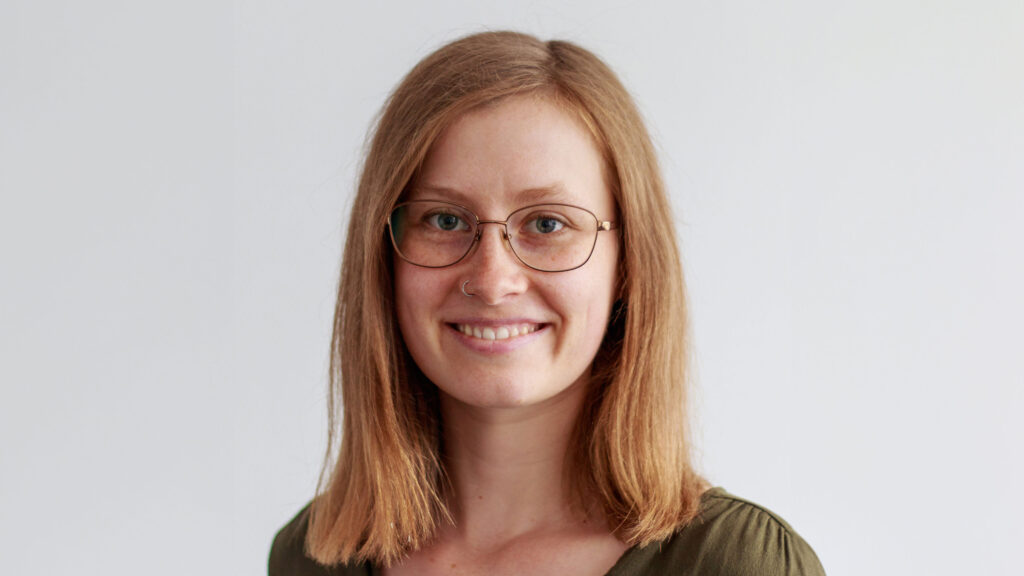Are you a professional communicator working in a university or research institution? I invite you to participate in a survey designed to explore professional understandings of science communication. Your insights are crucial to understanding how science communicators across countries view their roles, responsibilities, and shared professional values.

To participate, simply follow this link: Science Communication Survey. The survey takes approximately 10 minutes to complete, and your participation is anonymous and voluntary, with no conclusions drawn about your identity. You may exit the survey at any time. The survey ends on November 15th.
About the Survey
Science communication in higher education has become an increasingly vital field, bridging the gap between researchers, the public, and various stakeholders. However, the diversity of tasks, responsibilities, and professional backgrounds in this area can make defining a unified professional identity challenging. This survey aims to explore whether science communicators in different countries, specifically Sweden, Germany and the UK share common ideas about their work.
A Broad and Diverse Field
Working in science communication can mean wearing many hats, whether as a translator of complex research, a strategic communicator, or a public engagement specialist. Some professionals come from a background in journalism, public relations, or media, while others have a scientific background. This diversity makes science communication an exciting but complex field to study.
Do communicators see themselves primarily as advocates for science, as mediators between scientists and the public, or as educators who aim to inspire and inform?
The goal of this survey is to uncover whether, despite these varied roles, science communicators share a core set of principles, values, or goals. For instance, do communicators see themselves primarily as advocates for science, as mediators between scientists and the public, or as educators who aim to inspire and inform? Understanding these aspects could shape future training, standardization, and support in the field.
Why Your Participation Matters
This survey, conducted as part of a doctoral dissertation, will help identify the shared and unique characteristics of science communication across borders. If science communicators in different countries express similar values, this could open opportunities for developing shared training programs and professional standards. Alternatively, significant differences might suggest a need for tailored approaches within distinct cultural and institutional contexts.
Thank you for considering to be part of an international conversation on science communication.
We appreciate your willingness to share your experiences and insights. Your input will provide a clearer picture of the science communication profession and contribute to strengthening its role within higher education. Thank you for considering this opportunity to be part of an international conversation on science communication.
/Liliann Fischer, PhD student at the University of Passau
Liliann Fischer is a part-time PhD student at the University of Passau and in addition to that she works for the German science communication organisation Wissenschaft im Dialog. At Wissenschaft im Dialog, she leads the Insights-Programme where they try to generate insights into science communication and disseminate these to practitioners to further develop and innovate science communication.
Wissenschaft im Dialog (WiD) is the central organisation for science communication in Germany. The non-profit organisation is committed to an open society that uses knowledge to shape change. To this end, it promotes a productive dialogue between science and the public: as a think-and-do tank for science communication, WiD develops practice-relevant knowledge, offers target group-oriented education and training, networks different stakeholders and develops innovative communication formats. Wissenschaft im Dialog was founded in 2000 by the most important German science organisations.
